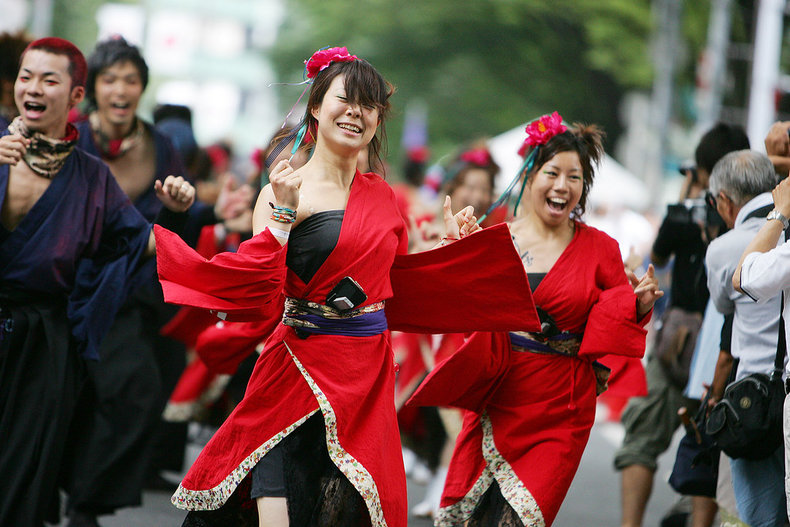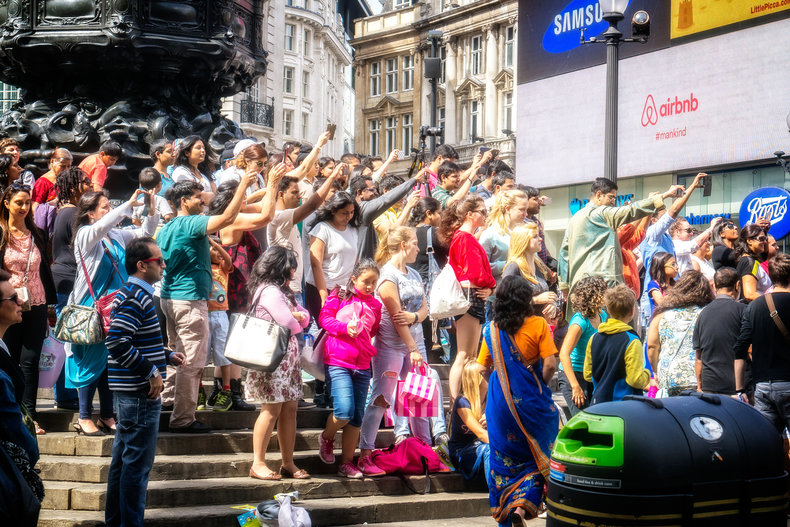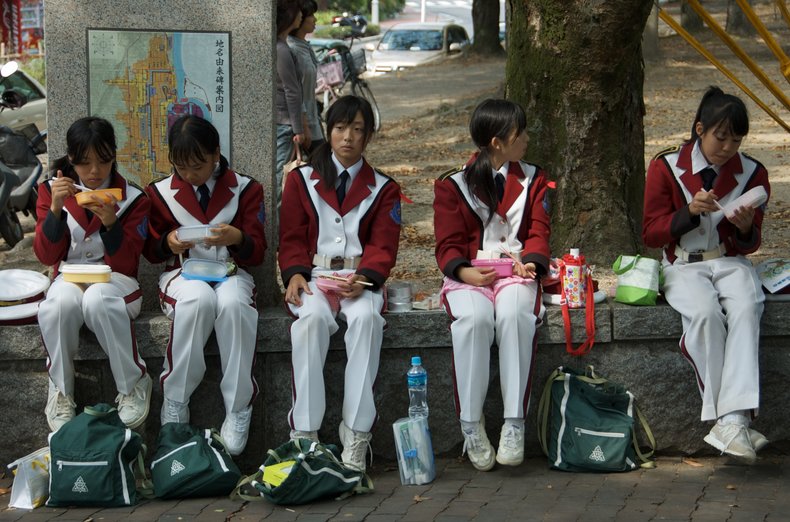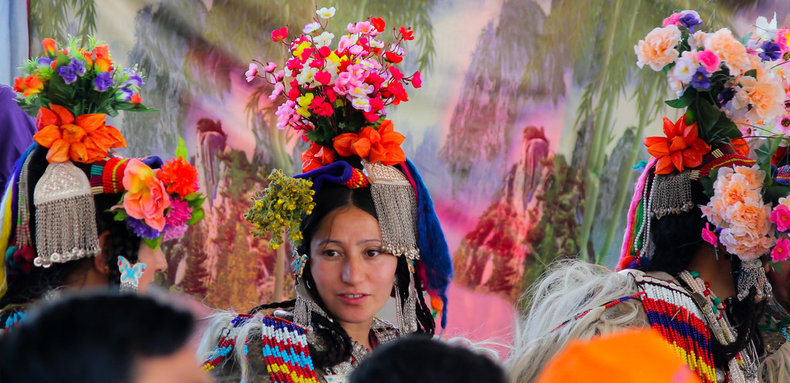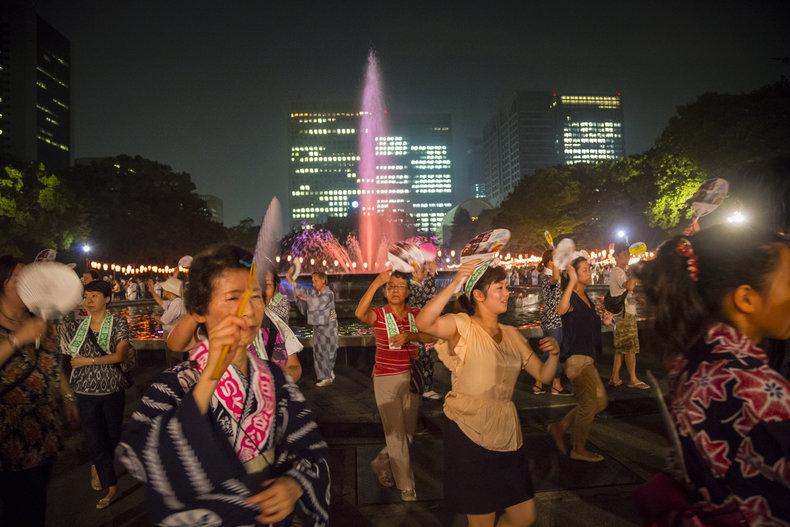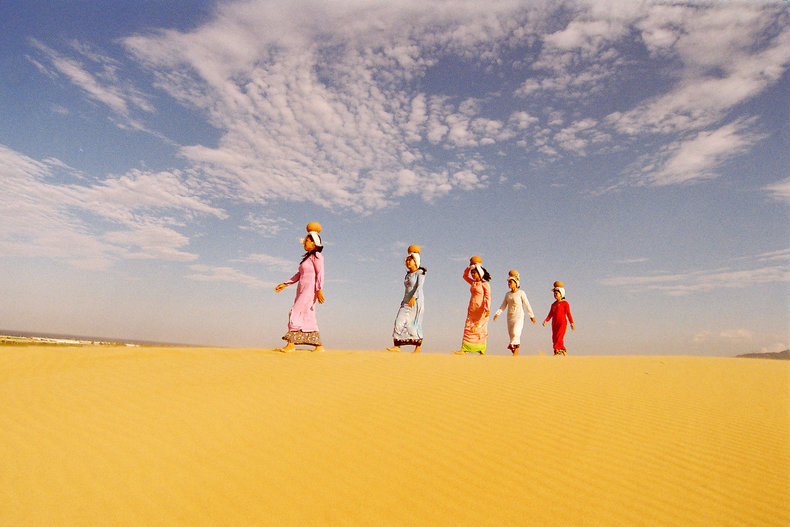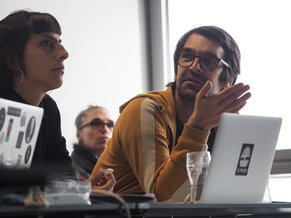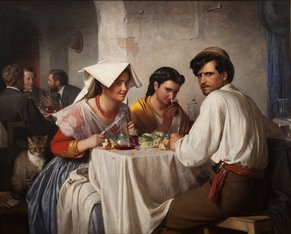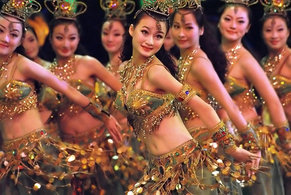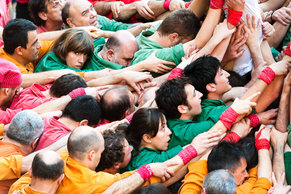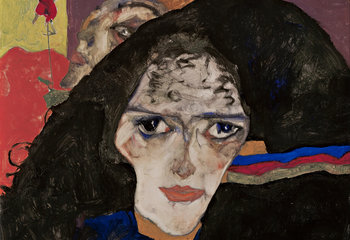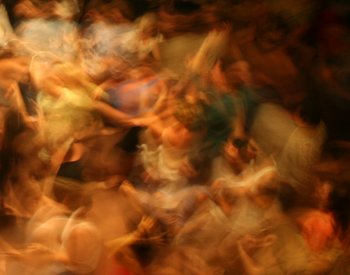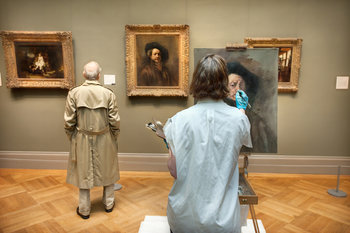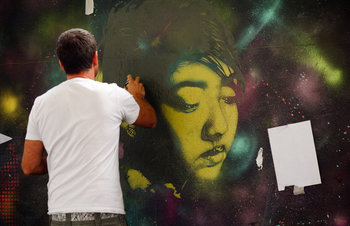|
| |
Culture is the meaning, understanding and value that emerges with with the shared experience of groups. This is unique in that it isn't necessarily controlled by any one entity but emerges with the collective contributions of a group and its institutions over time. The following are common examples of the role of culture.Offers Shared IdentityCulture can be part of a person's identity and their sense that they are part of something greater than themselves.Shapes ValuesCulture provides an ethical framework and set of values such as principles of sportsmanship that evolve within the culture of a sport.
Shared ExperienceOpportunities for shared experience such as holidays, events and festivals that are celebrated by a culture.Shapes NormsCulture generates, transmits and preserves expectations for behavior known as norms.Shapes AttitudesCulture includes much communication, interaction, media and shared meaning that tend to shape attitudes across a group. This can include attitudes adopted by the entire group or some type of fragmentation of attitudes within a culture such as political polarization.Shapes SensibilitiesSensibilities are rules of life that people view as common sense. These are actually formed by culture and aren't necessarily common across cultures. For example, a culture that tends to feel that a meal isn't truly complete without a soup.Creates a Sense of SafetyCulture can provide safety in numbers whereby you may be able to do things as a culture that you might not get away with as an individual. For example, a youth culture that pushes for access to public space.Shapes Roles & ResponsibilitiesCulture shapes social and professional roles such as parent, friend or teacher.Creates a Sense of BelongingCulture can provide individuals with a sense of connectedness and belonging.Facilitates CommunicationCulture provides shared systems of communication such as language, norms, body language, cultural references and conventions of humor.Facilitates CooperationCulture facilitates economic and political cooperation whereby groups large and small cooperate to their mutual benefit. It should be noted that societies play a larger role here but culture does help, particularly with language and norms that help people to coordinate towards common goals.Facilitates CivilityCivility is the process of resolving differences within the systems of society and norms of society. For example, a nation with a culture and tradition of peaceful protest that represents a form of civil political participation.Preserves TraditionsCulture can act as a stabilizing force that passes on elements of the past known as traditions to each successive generation. Creates a Sense of History, Past and RootsCulture can provide cross-generational shared experiences, storytelling and references that create a connection and sense of the past.Facilitates SocializationInclusion in a culture generates cultural capital that helps people to establish common ground for socialization. For example, a common language, set of cultural references and activities that give you things in common with others.Learning & EducationCulture provides the things that are required to learn such as language and norms that help you to interact with others.Cultivating ArtsCulture provides a framework for creative expression such as a music scene or art scene.Framework for the Human ExperienceNational and traditional cultures may provide an end-to-end framework for the entire human experience. For example, a culture that provides everything from rituals for celebrating your birth to ceremonies for your passing with frameworks for everything in-between such as fashion.Aesthetic LifeCulture may cultivate a sense of what is beautiful and appealing and how to live a life surrounded by such things. For example, it may provide a sense of fashion, a sense of what makes food good or an appreciation of nature and beauty in others.Sense of Meaning & PurposeCulture may provide a narrative and set of beliefs and values to explain various aspects of life. For example, a religion that provides a comprehensive explanation for life and its meaning.Creates HeritageHeritage is value that is passed down from the past such as a priceless work of literature or a building of much architectural value.Shapes Lifestyle / Way of LivingLifestyles are the way that people decide to live their day-to-day life. This can be greatly influenced by culture.Provides ComplexityCulture helps to add great complexity to the human experience whereby humans have built many layers of life above the bland realities of mere safety and survival.Adapts and Emerges To Serve New Social ProcessesCulture emerges with any sustained social interaction between people as a group. As such, it constantly evolves and adapts to serve new social groups and situations.
Culture Characteristics
This is the complete list of articles we have written about culture characteristics.
If you enjoyed this page, please consider bookmarking Simplicable.
© 2010-2023 Simplicable. All Rights Reserved. Reproduction of materials found on this site, in any form, without explicit permission is prohibited.
View credits & copyrights or citation information for this page.
|



